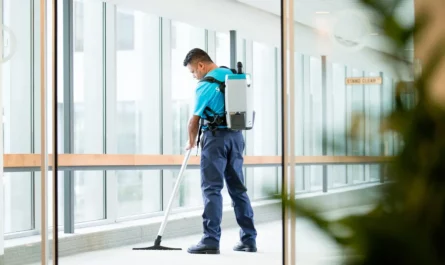Preschool activities are what schools nowadays start with for most kids. What goals can preschool activities accomplish? It’s the first stage of your child’s development and success. Preschool is the first time a child is exposed to the world outside. It means he’s leaving the protection and safety of his parents’ arms to face the world beyond them. The primary services presented by a preschool include a neat, safe environment and well-qualified teachers. Choosing an experienced teacher who knows how to write essays and conducts developmental activities for preschoolers is crucial.
How Do Preschool Activities Promote the Quality of Learning in Children?
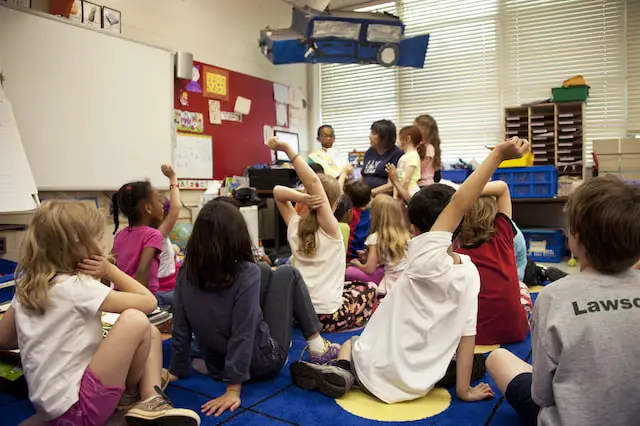
Developmental activities at preschool have a significant impact on shaping your child’s character. Essential aspects of preschool activities that facilitate the quality of learning are outlined below:
Social Skills and Interaction with Others
The first thing a child sees in a preschool is the number of other people – kids and adults. Activities for preschool are designed to help children develop the habit of talking to each other. Moreover, teachers concentrate on encouraging students to collaborate and play. Through miscellaneous activities, sharing, partnership, and conflict resolution are skills taught in preschool.
Literacy and Speaking Skills
Preschool is undoubtedly more than a playschool. It does not simply give children easy access to a playground but also engages them in multiple valuable activities, such as telling stories and reciting poems within the framework of unique competitions. Kids participate as they consider it intriguing, and they don’t realize these activities immensely develop their speaking abilities: eloquence, articulation, and diction. Such oratory skills help children talk things out with adults (specifically, educators) and, thus, learn faster and more efficiently.
Physical Development
It is crucial for a child to mature both mentally and physically. Through preparing a program that contains various physical exercises, tutors strive to support children in building and maintaining athletic and wholesome bodies. Children must be dynamic, run around, do improvised dancing, and climb, all of which keep their bodies fit and muscles flexible and mighty. With a strong and sound body, nothing can hinder your child’s functioning and achievement at a high level.
Emotional Ability
Being human, it is crucial for every one of us to be available on an emotional level to those in need. Benevolence, mercy, and empathy are a few of the “must-have” qualities that all people should exhibit. Preschool permits children to discover their feelings and empathize with other people’s sentiments. Teachers instruct children to be respectful and care for each other’s feelings through teamwork.
Thinking or Rational Skills
Have you ever considered what makes you still interested in all kinds of peculiar events around you? Long story short, it is owing to the preschool experiences that made you reflect upon the color patterns witnessed in the drawing book. Primarily, preschool introduces the basic concepts of rational thinking and helps the children develop cognitive abilities, integrate information about past experiences, frequently ask necessary questions, and consciously resolve their first problems.
10 Common and Practical Developmental Activities For Preschoolers
There is a neverending list of distinctive preschool activities for each type of child/teacher. Here are some more well-known ones to get your feet wet in this vast topic and provide a solid template for your future personal creative efforts.
Scavenger Hunts
Children discover and learn a myriad of things by looking for items in the game of scavenger hunt. They develop the ability to be mindful of things around them and make the proper use of their memories to remember the places where they’ve encountered specific objects.
Scavenger hunts are ideal for building fundamental skills like the recognition of colors, letters, or shapes. They also motivate youngsters to engage in some healthy, active movements.
Slime
The advantages of making slime are numerous and quite impressive for such a relatively straightforward exercise. Creating the slime assists in developing listening, problem-solving, and fine motor skills.
It also creates a joyful and memorable learning experience by allowing pupils to experiment and employ the scientific method to study various ingredients.
Activities involving the slime serve as the ideal sensory exercise. Not only do they allow one to experience the sensation of touch freely, but if the slime is made colored, scented, or textured, it will introduce a whole new dimension of sensory stimulation into the experiment.
Complete Drawing Prompts Using Crafts
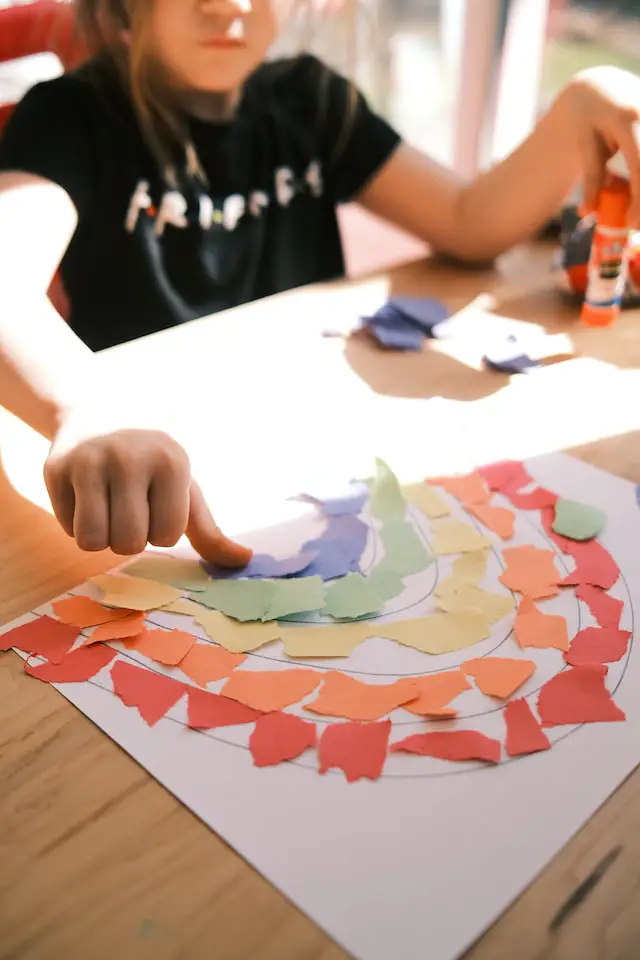
One of the most beloved activities during preschool is offering the children a drawing prompt for anything they wish to draw and letting them finish the drawing using any crafting materials available.
The teacher typically inquires about what they want to create this time and outright draws it. However, should more than two children request the identical drawing prompt, it is possible to prepare a “master one” and share photocopies with everyone to cut down on time.
Playdough
Playing with playdough is an excellent way for a child to develop many vital abilities without even realizing it. The tools and cutters included with playdough at the shops are great to play with, but the most valuable activities stem from just using the dough alone.
You can practice coordination by squeezing the dough into one large ball, getting it into the form of a cupcake by pounding or rolling it out on the table with both hands to create sausages. Furthermore, rolling tiny balls in the hands improve bilateral coordination.
Exercising with playdough helps strengthen the hand muscles, and when you use your fingers to roll small balls, your fine motor skills get decent practice.
Dress-Up and Role Play
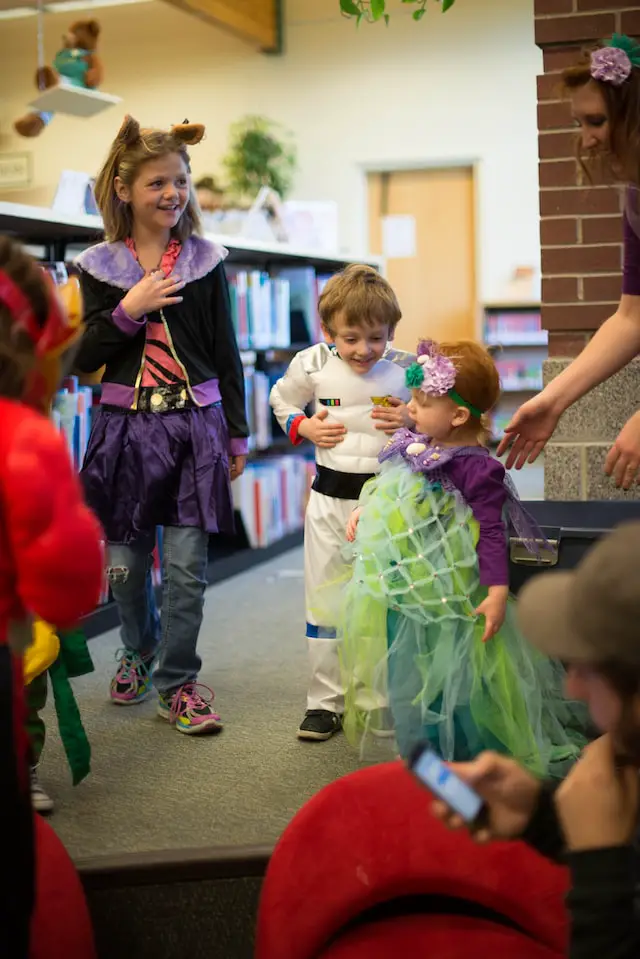
Let your children play with various costumes and props, such as toy police kits, while letting their creative minds go free. Dressing up enables kids to comprehend adult life roles, responsibilities, and passions and promotes social skills. Additionally, self-dressing can help turn one’s mind to self-care elements that are vital for anybody.
Imaginative Play
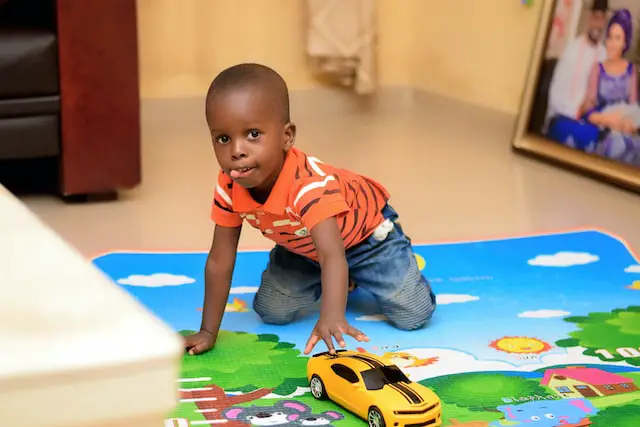
Every play has to be imaginative per se; however, here we’re talking about the kind of play that’s natural to children. An “abandoned” child, left with just a few random objects, very quickly gets lost in its personal world of fantasy. It is crucial to provide a child with a generous amount of time and space for imaginative play. It stimulates their creativity which is essential for literacy skills and early development of intellectual reasoning. In addition, it expands their sense of self, raises self-confidence, helps them connect with the outer world, and, last but not least, trains their ability to deal with boredom.
Nature Play
The children’s education gets charged up in abundance when you take your outdoor play area to the natural environment. This is the reason behind Forest Schools being so popular and highly admired. This phenomenon is not just healthy – it teaches care and respect for the environment and the foundations of biology as well! It also assists children in becoming more self-reliant and curious.
Basic Board Games
There are tons of board games for children of all ages and preferences. They are worth acknowledging and playing for the sheer entertainment value and their vast educational purposes. Apart from introducing the theme of numbers, colors, shapes, and phonics, they are also essential in teaching children how to take turns and engage in team play orderly.
Cooking and Pretend-Cooking
Cooking, as well as pretend-cooking, serving, and shopping, are excellent activities for kids. Cooking itself blends the involvement of all the senses, logical and mathematical concepts, workplace safety, and following the guide/steps. Fake cooking and even toy shops introduce elemental mathematical notions and basics of communication and interaction, demonstrating the importance of being polite to others.
Sand
The sand play presents an excellent possibility for children to meet the basics of scientific education and improve self-assurance and physical development. Scooping, digging, and sifting the sand guide kids about how things in the world around them work while evolving their body strength and coordination abilities. Done in a group, it serves as an exercise in teamwork and socializing.
Engaging a kid in activities for preschoolers can spark the desire to discover and investigate. This allows kids to control their environment, attention, focus, and other aspects. Consequently, these elements help students involve themselves in the thought processes essential for survival in a competitive world. This is why preschool programs’ value in enhancing learning quality can’t be overstated.
For other articles and activities supporting the classroom, see our Student Life Section



